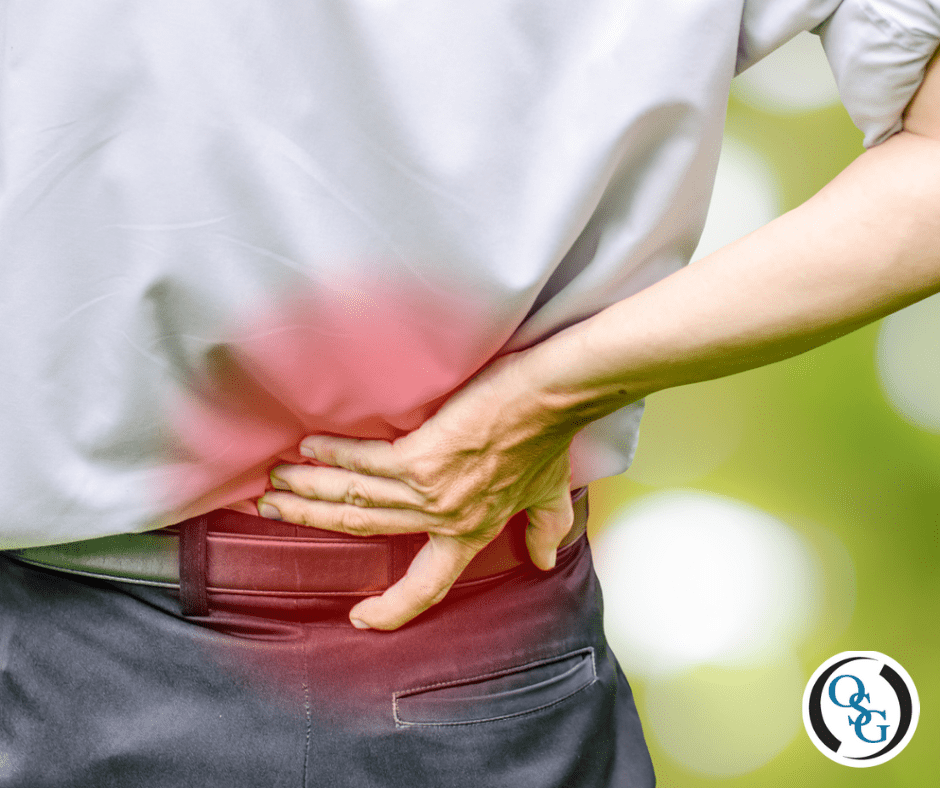
What is a Herniated Disc?
Oh no, you’ve hurt your back! A herniated disc can be a small injury but have a substantial impact on your body.
A herniated disc occurs when there is a problem with one of the rubbery cushions, or discs, that sits in between the bones, or vertebrae, that make up your spine. The discs in your spine are soft and jellylike on the inside and surrounded by a tougher, rubbery exterior. A slipped, ruptured, or herniated disc happens when there is a tear in the exterior layer that causes the interior to push out.
What Are The Causes and Risk Factors?
Herniated discs are most often the result of age-related gradual wear and tear to the discs. Your discs become less flexible and prone to tearing as you age, even from just a slight move or twist.
It’s difficult to pinpoint an exact cause of a herniated disc, but they more commonly occur from built-up strain over time than from a fall or blow to the spinal area.
Risk factors that could potentially increase your chances of getting a herniated disc include:
- Weight – Heavier body weight can cause extra strain and stress on the discs and your entire back.
- Occupation – Jobs that are physically demanding and involve lifting heavy objects or repetitive pulling, pushing, or bending can increase your spine’s strain.
- Smoking – Your discs are more likely to break down quickly from the decreased amount of oxygen in your body.
- Genetics – It is possible to inherit a predisposition to getting herniated discs.
What Are The Symptoms?
Herniated discs most commonly occur in the lower back but can also happen closer to the neck. The symptoms will depend on the herniation location and whether part of the disc is pressing on a nerve. When it comes to the symptoms, they will likely only affect only one side of your body. Here’s what signs you should look out for:
- Arm or leg pain – If the herniation is in your lower back, you will most likely feel pain in your buttocks, calf, thigh, or foot. If the herniation is in your neck, you’ll probably feel pain isolated in your shoulder or arm. It’s possible that this pain as well will only be present when you sneeze or move into certain positions.
- Numbness or tingling sensations – If you have a herniated disc, you might feel radiating numbness or tingling in the part of the body where a nerve is being pressed.
- Weakness – If a nerve was affected, you might also feel noticeable muscle weakness that can cause you to stumble or make it difficult to lift items.
Orthopaedist in Connecticut
If you suspect you have a herniated disc, have another injury, or are in pain, give the Orthopaedic Specialty group a call at (203) 337-2600 and let us know how we can help you!
